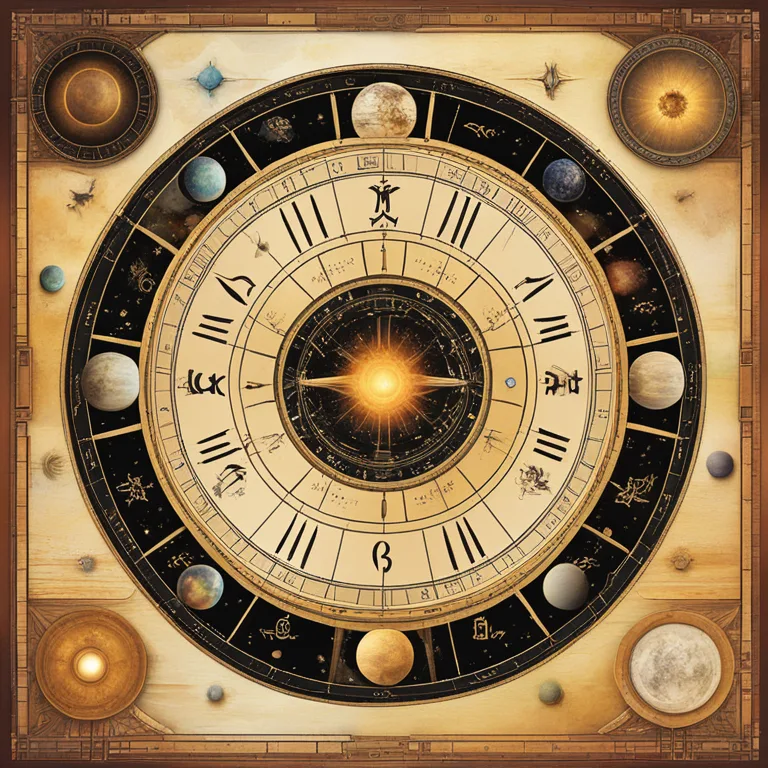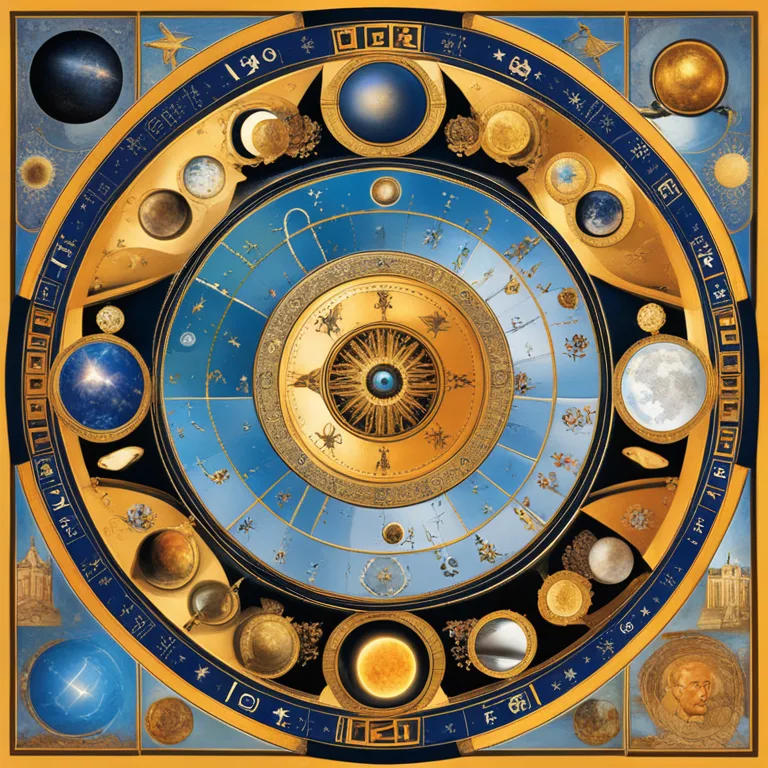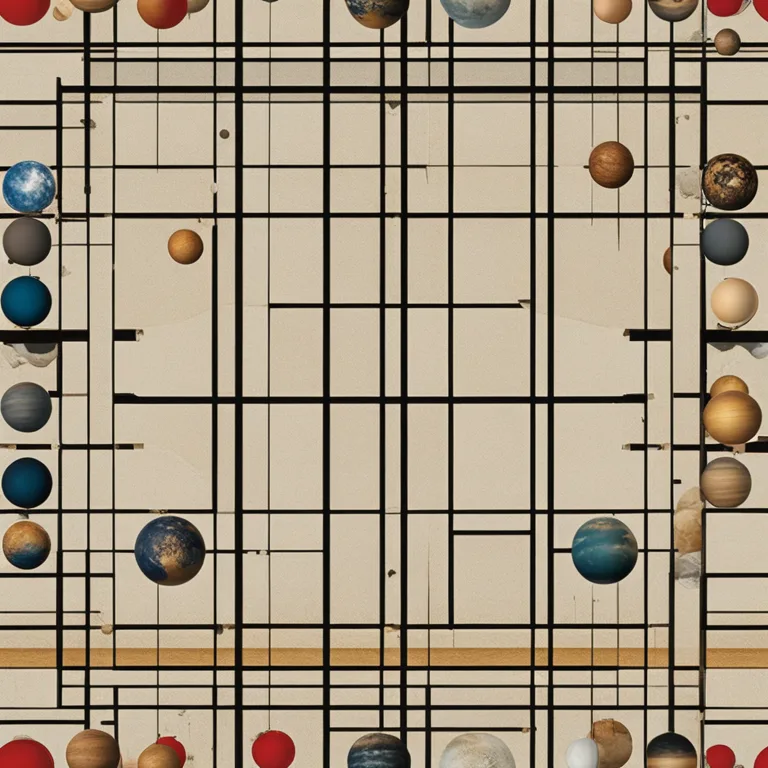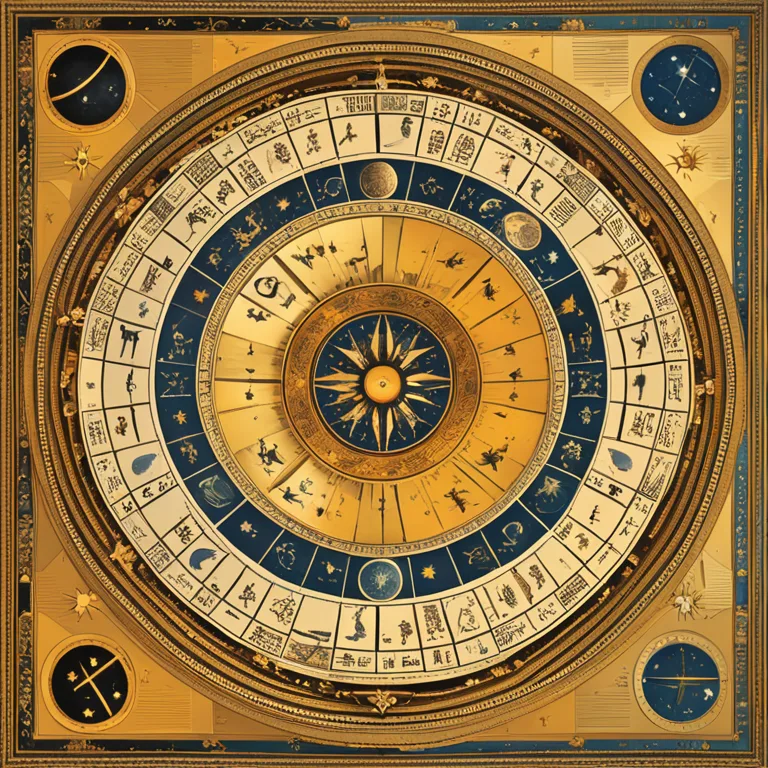
The Mechanics of Astrology: Celestial Influence on Life
Delve into the essentials of astrology and discover how celestial bodies shape our destinies, influence personalities, and guide us through life.
article by Priya Deshmukh
The Foundations of Astrology
Astrology has fascinated humanity for millennia, offering insights that connect our lives with the cosmos. At its core, astrology postulates that the positions and movements of celestial bodies can hold sway over human affairs, from individual personality traits to future events. This ancient practice assumes a celestial blueprint, with each astrological sign and planetary alignment casting a unique influence upon us. In today’s digital era, these cosmic interpretations have transitioned from the parchment to the pixel, engaging a new audience eager to decode cosmic whispers.

The Zodiac's Role
Central to astrology's framework is the zodiac, a celestial belt divided into twelve signs, each representing a constellation. As planets traverse the zodiac, their positions at the time of our birth purportedly sculpt our character and propensities. For a 2024 outlook, astrologers would scrutinize these planetary pathways, interpreting their arrangements to forecast the year's potential for growth, challenge, and transformation. While not all may align with this way of thinking, the zodiac continues to be a compass for those seeking to navigate life's vicissitudes.

Planetary Impact
Planets hold pivotal roles in astrology, where each is said to govern specific facets of the human experience. For instance, Venus influences love and beauty, while Mars is associated with energy and conflict. By examining their positions and angles in future dates like 2024 and beyond, astrologers craft nuanced readings that serve to advise and anticipate. Although science parts ways with astrology on empirical grounds, the symbolism woven by planetary interplay remains a compelling narrative for many.

The Birth Chart Explained
A cornerstone of astrological practice is the birth or natal chart. It's a celestial snapshot of the sky at one's moment of birth, encompassing planetary positions across zodiac signs and houses. These elements come together to form a complex and personal astrological profile. As we proceed through 2024, transits—planetary movements in real-time—activate different parts of our natal chart, supposedly igniting periods of change, luck, or introspection. Birth charts serve as timeless astrological guides, but their influence is thought to be continually shaped by ongoing cosmic rhythms.

Biorhythms and Compatibility
While astrology centers on celestial phenomena, it often intertwines with concepts like biorhythms and compatibility metrics. Biorhythms are said to be biological cycles that affect physical, emotional, and intellectual states. Meanwhile, compatibility—another popular branch of astrology—scrutinizes the interplay between different birth charts to gauge the potential harmony between individuals. In the realm of relationships, especially beyond 2024, these astrological tools might be employed to foster connections or navigate interpersonal dynamics.
Horoscopes: Personalized Forecasts
Horoscopes are perhaps the most publicly familiar aspect of astrology. They offer personalized forecasts based on zodiac signs and are tailored for varying periods, such as a day, month, or year. As we look towards the future, a horoscope for an Aquarius in 2024 might speak of embracing creativity, while a Capricorn might be advised to practice patience. Although generalized, these horoscopes aim to provide a sense of guidance and reflection, showing how unfolding planetary dialogues could resonate on a personal level.
Published: 12/29/2023
Modified: 12/29/2023
More predictions
Come back here soon to learn more about yourself and your future


The Cosmic Dance of Astrology in Love
Discover how astrology influences romantic relationships, and what the stars say about love compatibility in the modern era.


Love Compatibility Through Astrology
Discover how astrology guides love compatibility, building deeper connections using the stars' wisdom.


Predicting Pregnancy Timings with Astrology
Discover how astrology potentially offers insights into the best times for conceiving and pregnancy-related predictions in this intriguing article.